

Bogota/Houston (Reuters)
The U.S. continues to engage with representatives from the government of President Nicolas Maduro of Venezuela, State Department official Brian A. Nichols said on Tuesday, as the Biden administration considers whether to reinstate energy sanctions on the country.
The U.S. has said the Maduro government failed to meet certain conditions to avoid an reversal of some or all of the October relaxations.
“We are continuing to engage in conversations with Maduro representatives as well as close consultations with the democratic opposition in Venezuela, around finding ways to create the conditions for a more democratic, prosperous and secure Venezuela,” Nichols said during a virtual event hosted by the Atlantic Council.

Washington wanted the Maduro government take steps to lift public office bans on opposition candidates as well as begin work to release political prisoners and “wrongfully detained” Americans by November 30.
Maduro’s administration has begun meeting only one of those requirements, allowing opposition figures barred from public office to appear before the country’s top tribunal, which will rule on their bans, to defend their cases.
“The Maduro authorities need to demonstrate the courage to allow a serious opposition candidate to run in the election,” Nichols said. “That process needs to conclude by the time of invoking of a formal election.”
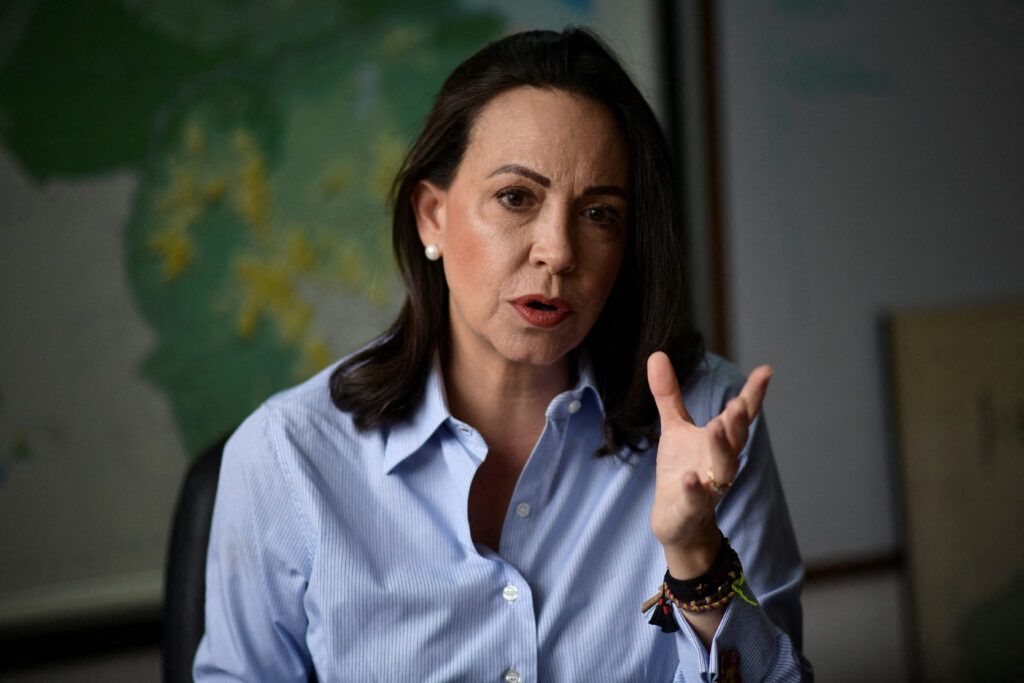
The winner of the opposition’s 2024 presidential primary, Maria Corina Machado, is among those barred from office.
“The major change going forward is making sure that (Machado’s) views are taken into account,” he said.
The sanctions relaxation has meant previous illicit trade of oil is moving back into the formal sector, Nichols added.
“(This is) good for us consumers because we’re getting oil and other products into our markets,” he said.
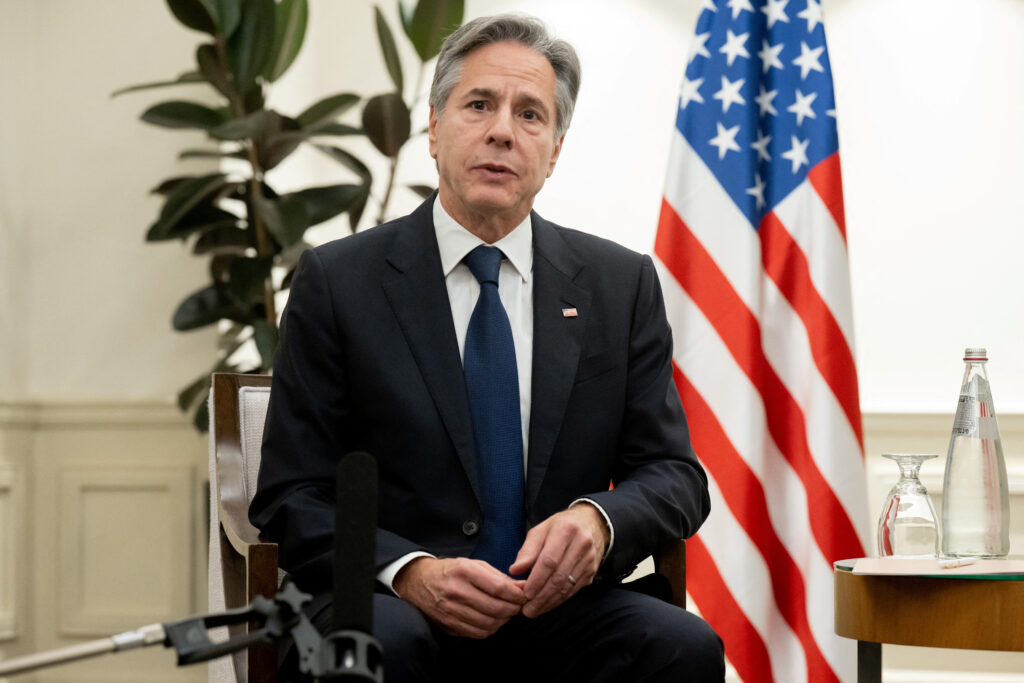
The release of “wrongfully detained” Americans is “incredibly important” to U.S. Secretary of State Antony Blinken, Nichols said. Savoi Wright, a fourth U.S. citizen arrested, has been added to the list of those held unfairly.
Washington issued a six-month general license authorizing U.S. transactions with Venezuela’s oil and gas sector and a second license authorizing operations of state gold mining company Minerven.
It also removed a U.S. prohibition on secondary-market trading of Venezuelan sovereign bonds, all in response to a deal between the government and the opposition on the election.
The U.S. has not specified which of the sanctions-easing measures could be reversed first.


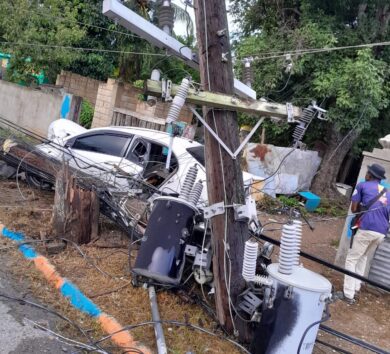

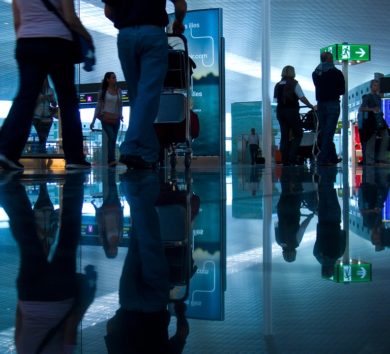
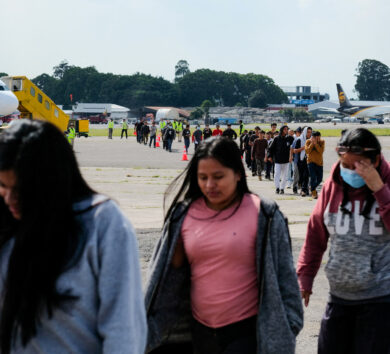
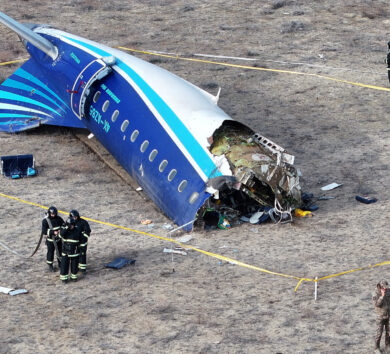
Comments